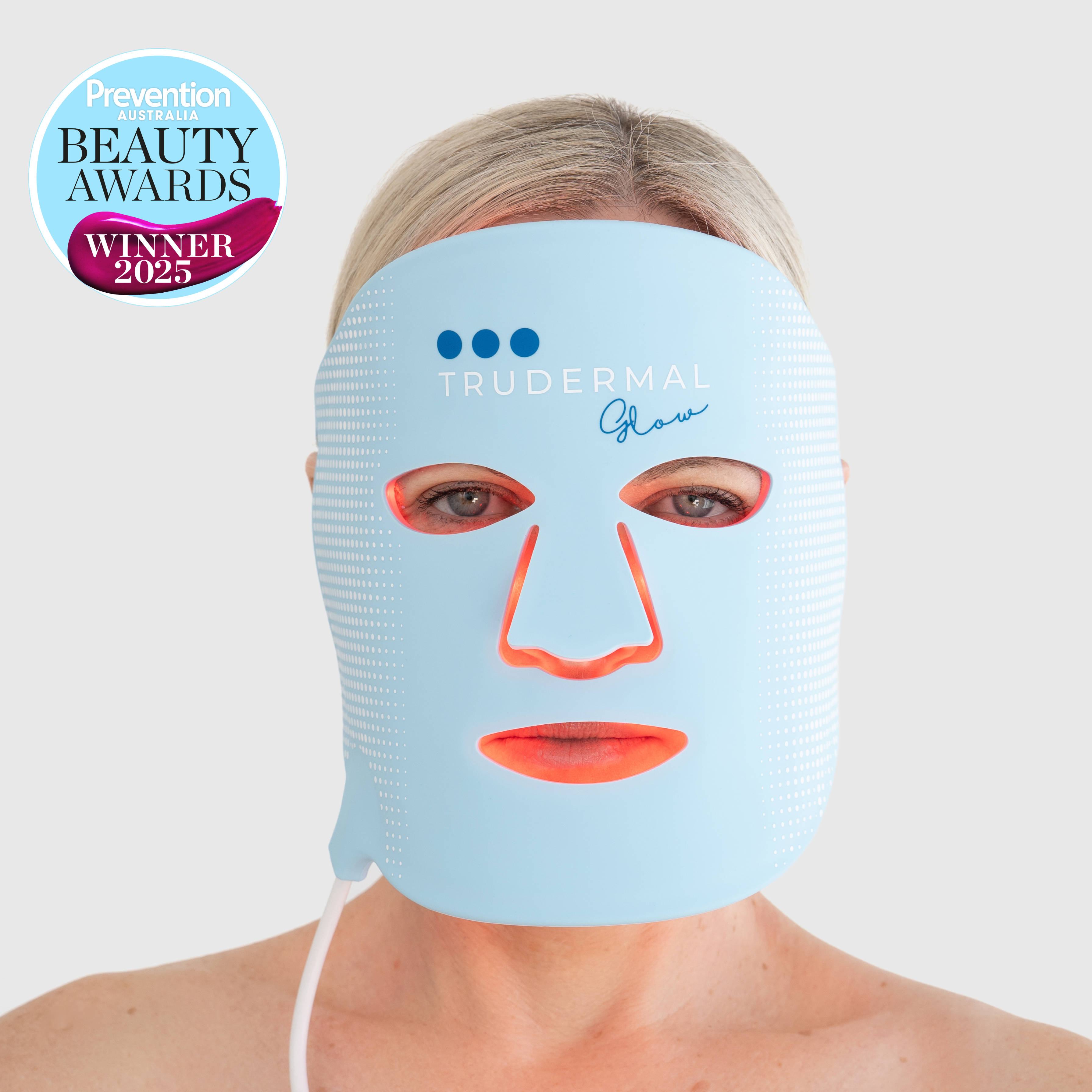How giving up alcohol may positively impact your skin
From dehydration to the breakdown of collagen, the relationship between your evening glass of wine and morning complexion can be a little more complex than you might think.
The relationship between skin health and alcohol runs deeper than the post-party symptoms we often experience after a big night out. From cellular level aging to inflammatory skin conditions, what we now know about alcohol’s impact on our skin is reshaping our relationship with alcohol. Here’s why you might want to consider the role of alcohol in your skin routine, and how you can still enjoy your favourite drinks without worrying about the ongoing effects to your skin.
Dehydration and the domino effect
As many of us know, alcohol is a diuretic, which means it can lead to a loss of hydration, leaving the skin dry and more prone to fine lines. In consuming alcohol, water is pulled away from our cells, including those our skin cells. In the short term, this can lead to dryness and skin that appears a little dull or even flaky at times. What’s more, dehydration caused by alcohol can also lead to fluid retention, which gives the appearance of swelling and puffiness. Not the best combination. Frustratingly, this tends to create a cycle where your skin can become both dehydrated and puffy all at once.
Collagen under attack
If you’re already concerned with skin ageing, here’s where things get a bit more serious. Just like sun damage or smoking, alcohol consumption decreases collagen production – the all-important element which keeps our skin firm, plump, and resilient to external stressors. While collagen keeps our skin firm and youthful, alcohol depletes collagen production over time, and with this loss of elasticity, we experience sagging, fine lines, and deeper wrinkles. This is particularly troubling if you’re consuming alcohol regularly, as the cumulative effects of alcohol on collagen production increase. This can significantly impact your skin’s structure and appearance over time.
Nutrient depletion
But wait – there’s more. Alcohol can also create a less obvious but equally important issue – nutrient depletion. Alcohol diminishes essential nutrients in the body including Vitamin A, which is super important for skin repair and renewal. Not only does it assist with cell turnover, helping our skin to shed old and damaged cells while generating fresh and healthy ones – when alcohol interferes with this process, our skin can be left dull, congested and aged.
Inflammation and skin conditions
Perhaps some of the most compelling research relating to alcohol’s role in inflammatory skin conditions comes from a comprehensive study published in the Journal of the American Academy of Dermatology, which followed roughly 83,000 women over a period of 14 years. Increased alcohol intake was associated with a significantly elevated risk of incident rosacea compared with those who never drink, while a cross-sectional study involving nearly 4000 subjects found that alcohol consumption was also associated with acne severity – particularly mild acne. What’s more, those of us who also experience a flushed face after a cocktail or glass of wine, are actually experiencing inflammation in real-time. This histamine reaction creates redness and flushing that may be temporary but can become an ongoing issue, especially if you experience it often and continue to drink.
Your skin’s resilience
Despite all the doom and gloom, there is some good news. Your skin is actually very resilient, and many people will see a change in their skin texture and hydration levels after limiting or reducing alcohol intake. While it may take weeks or even months for these effects to come to fruition, your skin, your gut, and your wallet will thank you eventually.
Making and breaking the connection
Having a better understanding of how alcohol can impact the skin doesn’t mean you have to completely abstain from your nightly or weekly wine. Rather it encourages us to make more informed choices. While alcohol is considered to be one of the major lifestyle choices that ages skin ahead of time, don’t forget that other causes include excessive UV exposure and genetics. The good news? Even moderate reductions in alcohol consumption can have positive effects on the skin. Whether it’s simply adding an alcohol-free weeknight to your routine or taking longer breaks between drinks, each decision can lead to change that supports healthier, happier, and more resilient skin.






